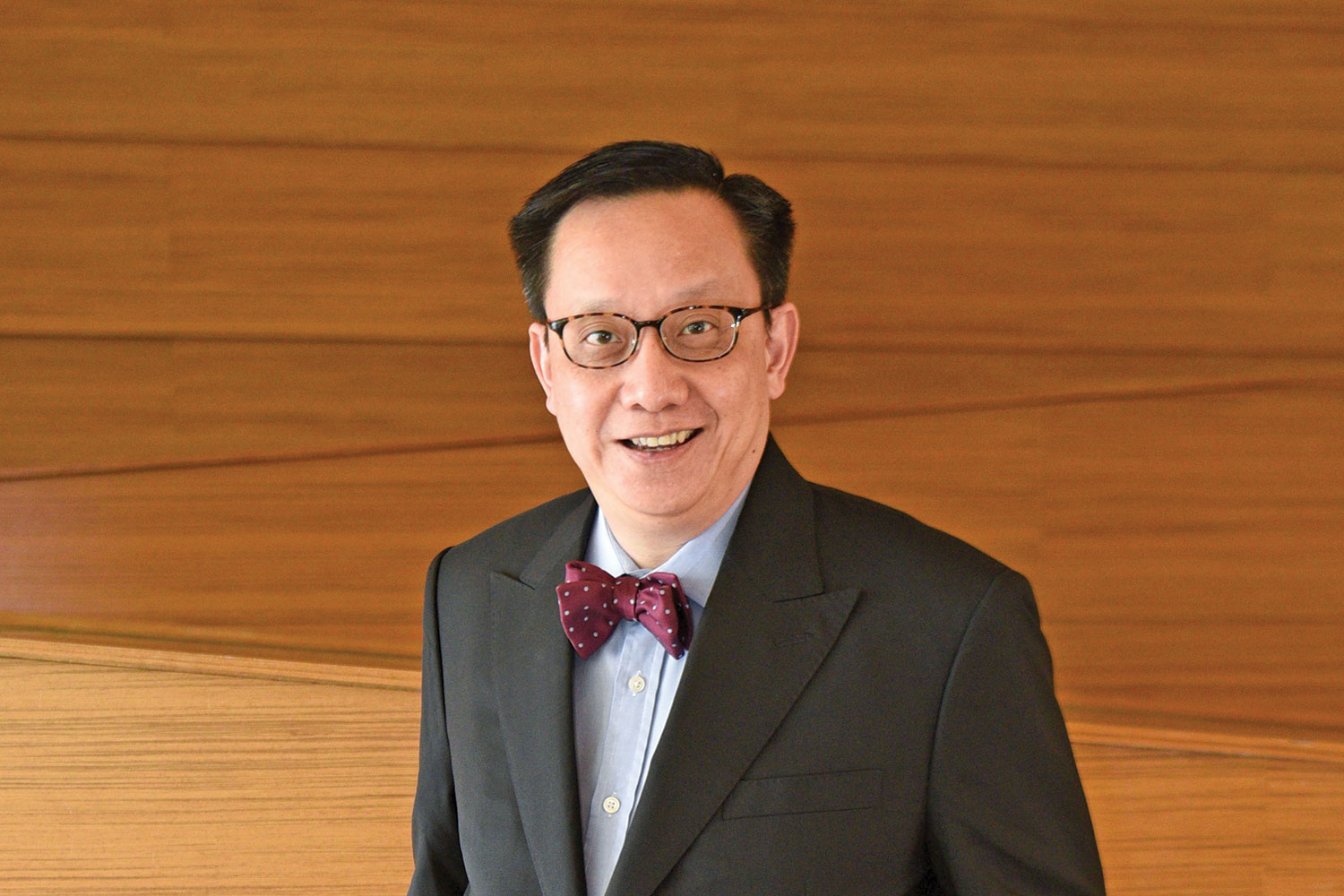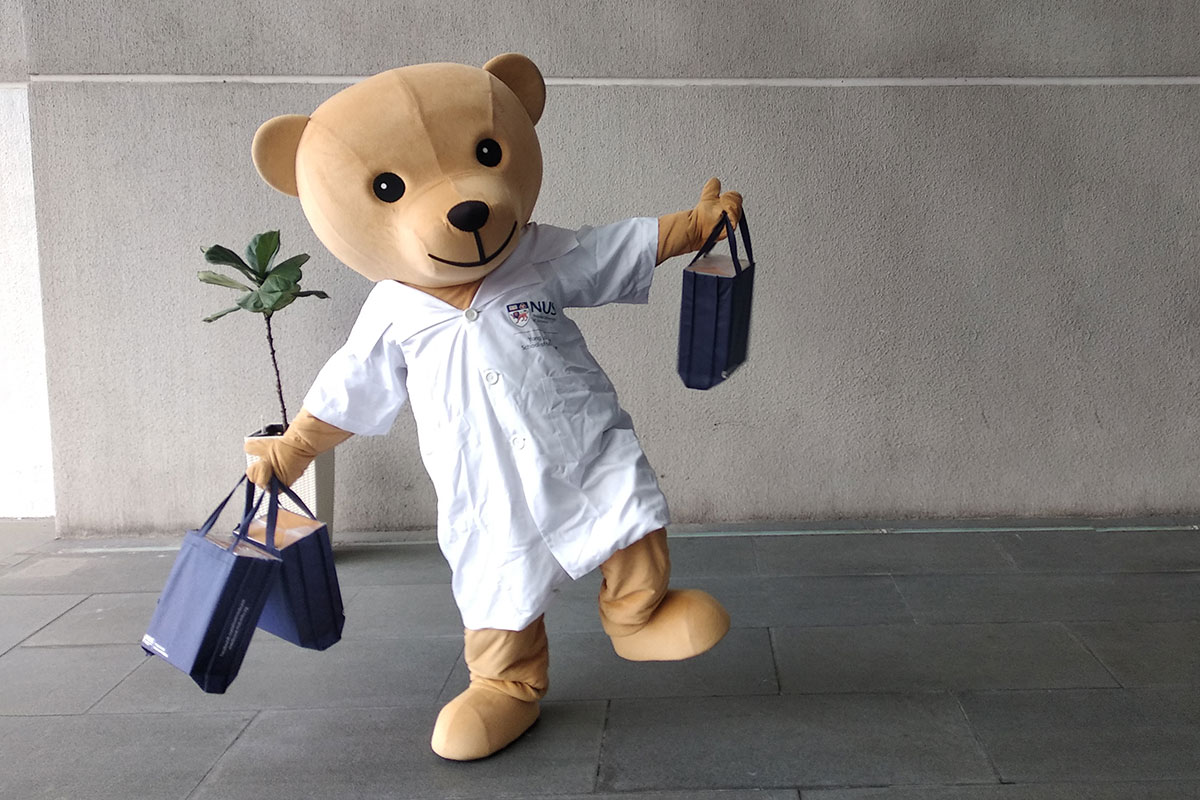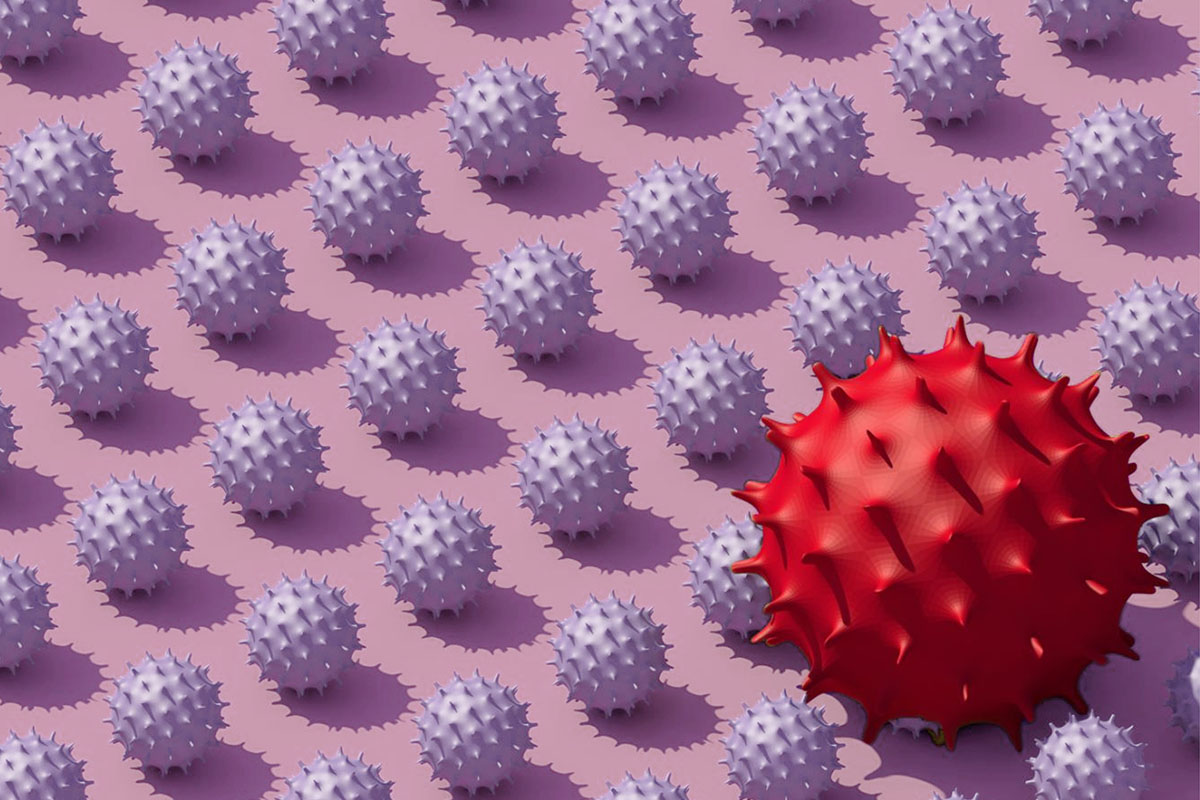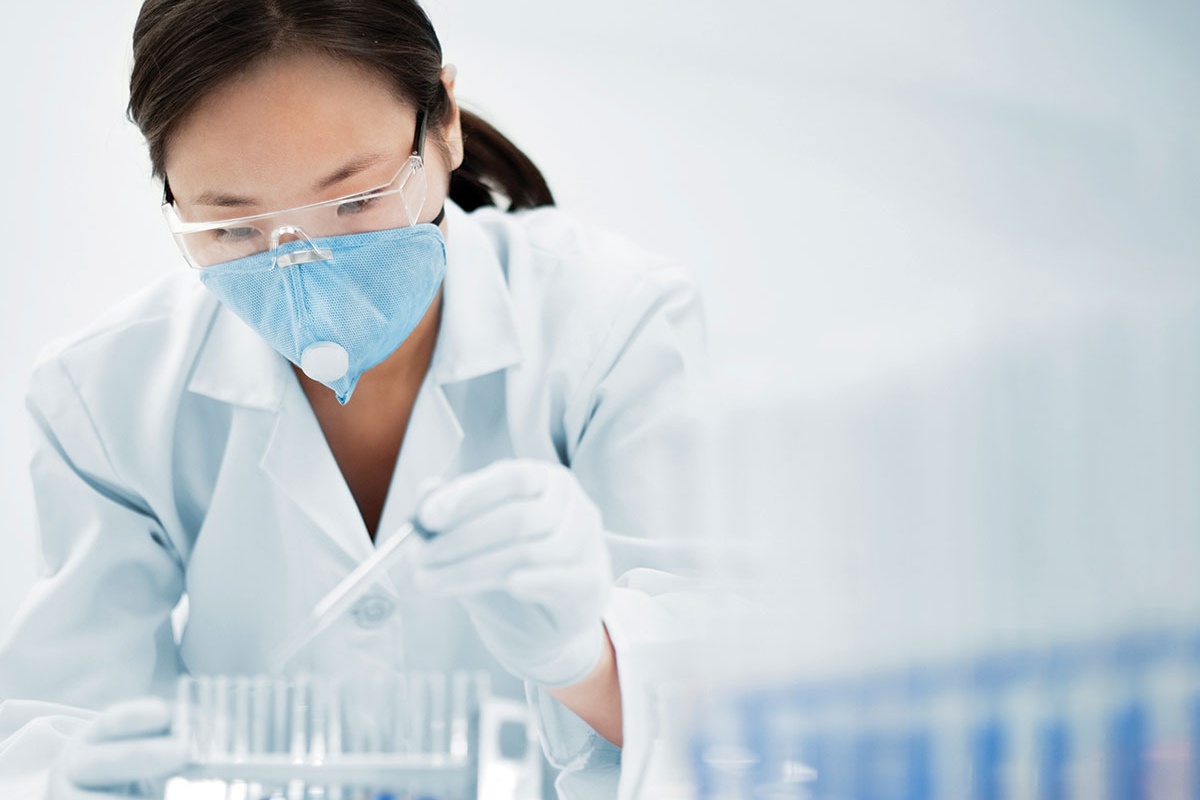
Issue 40 / November 2021
Dean’s Message

Dear Reader,
T
wo steps forward, one step back. That may be a reasonable summary of Singapore’s efforts in dealing with the COVID-19 pandemic, as the health authorities constantly adjust plans to prevent infection rates from overwhelming the healthcare system and tanking the economy. That means we have had to alternate between near-normal living and very new normal conditions that included spending weeks sheltering at home, going out only for urgent and necessary errands.
Humans are an adaptable species and Singaporeans have always displayed quick reflexes whenever we have had to pivot to new ways of getting things done. Take the Medicine and Nursing Classes of 2026, already a semester into their first year of studies. While it has not been easy for everyone, they have generally adapted to new ways of learning, with virtual online lessons mandated by safe management measures.
Since February 2020, we have leveraged technology to overcome as much as practically possible the challenges posed by remote learning. Our educators and administrators have made use of webinar platforms to conduct interactive lectures and carry out collaborative learning cases. Zoom-based training is conducted with actual patients to let our students practise how to take history, physical examinations, together with real-time lab results and imaging for discussion of care plans.
Clinical exposure for our medical students has also been adapted to incorporate a mix of clinical training and campusbased learning. Training has resumed with precautions taken to protect our students, while still ensuring that they receive a holistic learning experience. Our students now stay in one hospital for their rotations, and ideally in one ward or a designated area whenever possible, and consecutive rotations would preferably take place in the same hospital.
The elective programmes organised by the School has also been one of the key highlights for many of our students. To replace the overseas programmes, we established six new pathway programmes to develop and hone a broad range of skill sets among our students, such as problem-solving, innovation and entrepreneurship. Values and attitudes on the other hand, are shaped over time by life experiences.
Newly graduated Dr Tan Jun Xiang (Class of 2021) thus epitomises the kind of medical professional we delight in producing—grounded, humble, purposeful, patient-focused. I would like to think that the NUS medical school played a large part in infusing him with these values, though the truth probably lies in the life experiences that Dr Tan says he was exposed to as well as the longer route that he took on the way to medical school. Unlike most of his peers, he was a late bloomer who did not do very well for his PSLE, went to a neighbourhood school where he did well enough to enrol in a polytechnic, became a medical technologist and then developed a liking for medicine. He has not looked back since, telling The Straits Times (Aug 31, 2021) that “It’s a joy to go to work. The best part of being a doctor is seeing your patients recover. They come in pain or they cannot walk, you treat their problem and you see that they are recovering and they are able to walk out of the hospital.”
The COVID-19 pandemic and the attendant difficulties and hindrances to our teaching notwithstanding, the challenge for the Yong Loo Lin School of Medicine endures—to educate and train generations of healthcare professionals who put the welfare of their patients first and foremost.
Yours sincerely,

Chong Yap Seng




